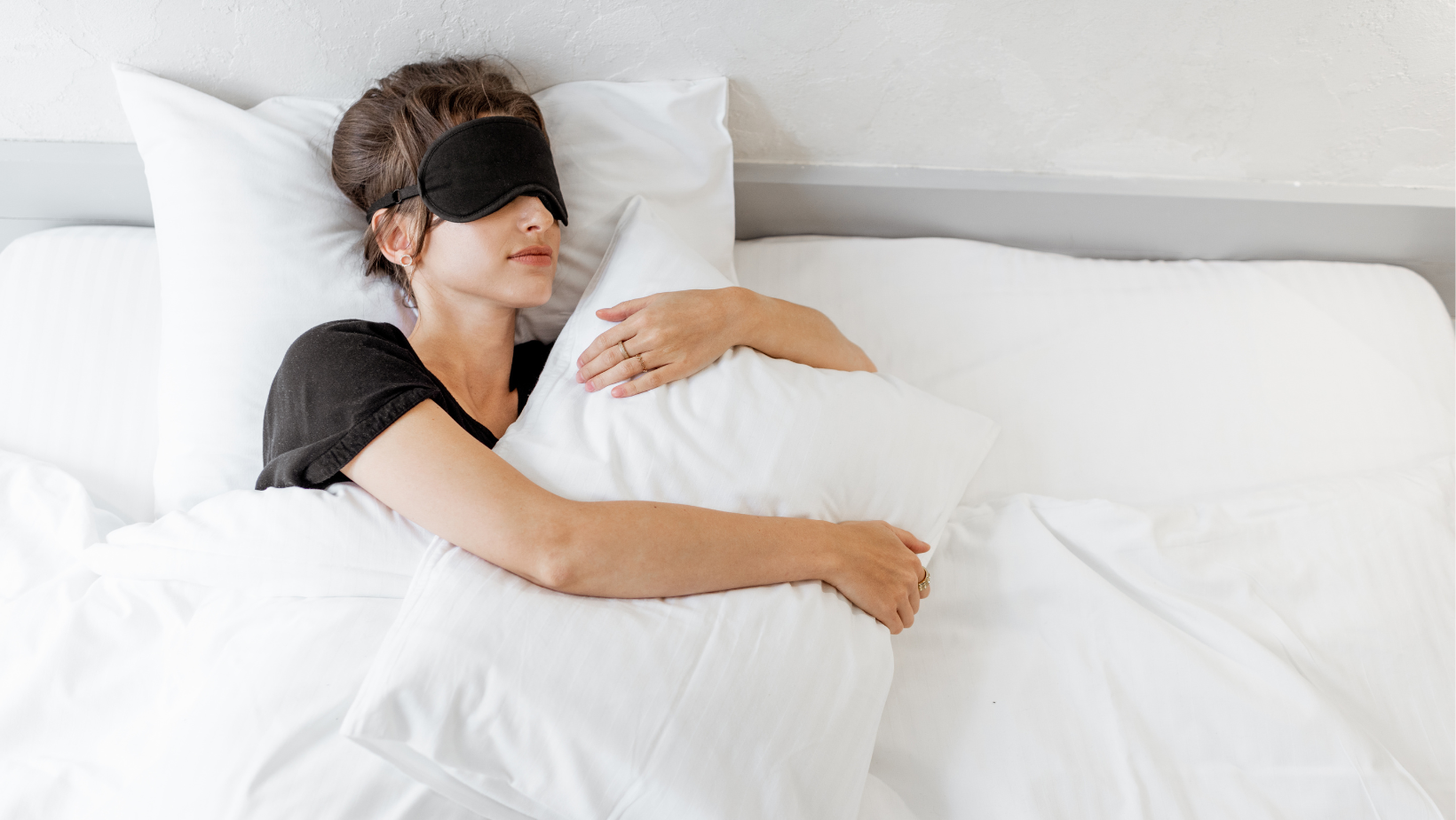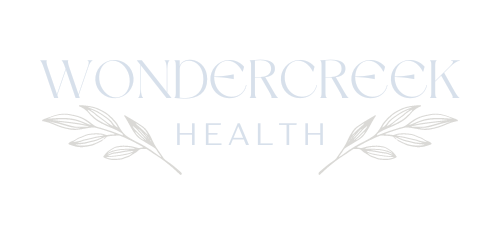Restoring Rest: Navigating Sleep Challenges in Menopause with Research-Based Insights and Practical Tips

Described as the Swiss Army knife of health, sleep is crucial for everyone, but its importance is magnified during menopause. If we're not getting enough rest, our bodies miss out on essential recovery processes such as brain detoxification, nervous system balance, and efficient metabolism. Let’s delve deeper into the sleep challenges of menopause, including insights from leading experts and relevant studies.
Hormonal Changes and Their Impact on Sleep
The menopause transition brings significant fluctuations in hormones such as estrogen and progesterone, which profoundly impact sleep. Estrogen helps regulate neurotransmitter systems that influence our sleep cycles. As estrogen levels decline, so does our ability to fall and stay asleep. Progesterone, known for its calming effects, also diminishes, leading to lighter and more disrupted sleep.
Lisa Mosconi, PhD, in her book The Menopause Brain, discusses specific brain changes during menopause linked to sleep disruption. She references studies that show reduced glucose metabolism in the brain during menopause, which not only affects cognitive functions but also sleep quality. Dr. Mosconi advocates for a holistic approach to managing these changes, emphasizing proper nutrition and hydration as keys to supporting brain health and sleep.
Matthew Walker, PhD, a renowned sleep researcher, highlights in his book Why We Sleep the importance of deep sleep in clearing beta-amyloid, a toxic protein linked to Alzheimer’s Disease. His research demonstrates that poor sleep quality can lead to an accumulation of these proteins, particularly troubling for menopausal women who are already at a higher risk due to hormonal changes.
Practical Tips for Better Sleep Hygiene
To combat these challenges, adopting effective sleep hygiene practices is essential. Here are strategies supported by research:
- Consistent Sleep-Wake Schedule: Studies show that a regular sleep schedule helps to stabilize your circadian rhythms, improving overall sleep quality.
- Optimal Sleep Environment: Research supports maintaining a bedroom environment conducive to sleep—cool, quiet, and dark. Consider using adaptive bedding materials suitable for temperature fluctuations common in menopause.
- Mindful Eating and Drinking: Avoid caffeine and alcohol close to bedtime, as they can alter sleep architecture, reducing the proportion of deep sleep. I suggest stopping all calorie intake at least 2 hours prior to bedtime.
- Wind-Down Routine: Engaging in relaxing activities before bed can enhance sleep quality. Activities like reading or meditation support brain health and prepare the mind for rest.
- Screen Time Reduction: Research points out that the blue light from screens inhibits melatonin production, disrupting sleep. Using devices with night modes or avoiding screens an hour before bed can be beneficial.
- Consideration of Natural Sleep Aids: Some studies suggest that supplements like melatonin and valerian root can help improve sleep during menopause, though it’s crucial to consult with a healthcare provider before starting any new supplement.
Exploring Hormonal Treatments
For those experiencing severe disruptions and other bothersome symptoms of the menopause transition, Menopause Hormone Therapy (MHT) may be an option. MHT can help stabilize mood and improve sleep patterns by replenishing estrogen and progesterone levels.
Understanding and addressing sleep issues during menopause is crucial for maintaining overall health. By integrating insights from experts and applying practical sleep hygiene tips, we can navigate this transition more smoothly and ensure that our bodies and brains receive the rest they need.
I encourage you to explore these strategies and share your experiences. Together, we can support each other and improve our sleep and overall well-being during menopause.
Warm regards,
Dr. Anna
WonderCreek Health Blog



